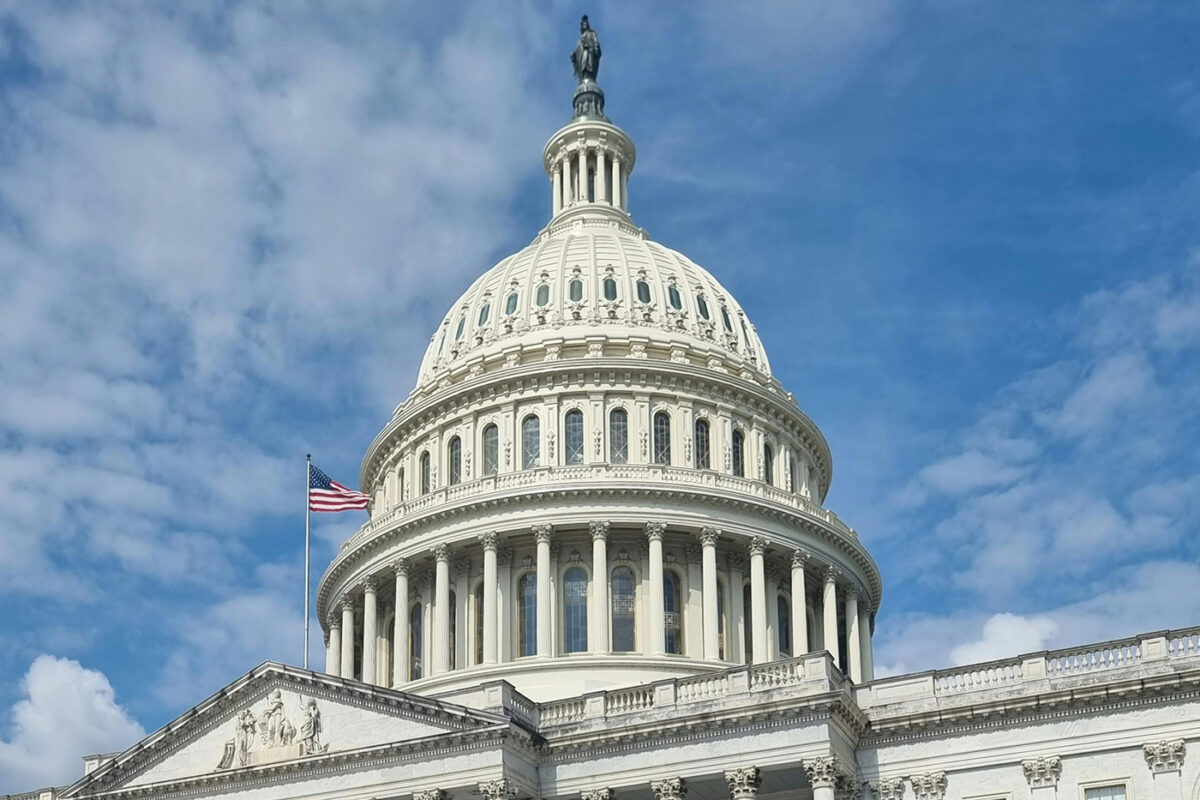
Arkansas is ranked 30th out of 47 states and the District of Columbia in healthcare affordability in a new analysis from the Altarum Healthcare Value Health. The 2021 Healthcare Affordability State Policy Scorecard ranks states based on policies aimed at lowering the cost of healthcare.
The scorecard evaluates affordability across four categories: curbing excess prices, reducing low-value care, extending coverage to all residents, and making patient out-of-pocket costs more affordable. For each of these categories, the scorecard assigns a policy score and an outcome score, with a maximum of 10 points possible for each score and a maximum total of 80 points possible on the entire scorecard. The policy score is based on policies that a state has enacted to address healthcare affordability across these four categories, while the outcome score assesses how impactful those policies have been. Outcome scores are also ranked by state; some states are not included in the rankings for certain categories because the underlying data sources do not include data for all states.
Arkansas earned a total score of 29.9 out of 80 possible points. The breakdown of Arkansas’s score is summarized below:
- Curb excess prices in the system: Arkansas scored a 3 out of 10 on policy and 7.2 out of 10 on outcomes in this category.
- On policy, the state was credited for establishing an All-Payer Claims Database (APCD), but critiqued for lacking other policy solutions to address the rising cost of healthcare prices, such as a strong price transparency tool that is free, public facing, and searchable by specific procedure and hospital. This is commonly a critique of states like Arkansas which have instead made data available for experts in the private sector to develop transparency tools incorporating both price and quality.
- On outcomes, the state received its most favorable score across all the metrics for being among the least expensive states with respect to private insurer prices.
- Reduce low-value care: Arkansas scored only 0.8 out of 10 on policy and 5 out of 10 on outcomes in this category.
- On policy, the state was critiqued for lacking meaningful patient safety reporting data and not measuring the extent of low-value care that is being provided within the state.
- On outcomes, the state’s use of low-value care was determined to be close to the national average, resulting in an average score.
- Extend coverage to all residents: Arkansas scored 5 out of 10 on policy and 6 out of 10 on outcomes in this category.
- On policy, the state was credited for expanding Medicaid coverage to low-income adults under the Affordable Care Act, but was critiqued for not extending coverage options to all immigrants, including undocumented children and adults.
- On outcomes, Arkansas has a statewide uninsured rate of 9%, which is better than the national average of 9.2% in 2019.
- Make out-of-pocket costs affordable: Arkansas scored a zero out of 10 on policy and 3 out of 10 on outcomes in this category:
- On policy, the state scored a zero because it has not enacted any policies to protect Arkansans from high out-of-pocket costs, such as waiving or reducing cost-sharing for high-value services or limiting the use of short-term limited duration plans.
- On outcomes, Arkansas ranked low on affordability (43rd out of 49 states, plus D.C.) because 16% of adults could not receive needed medical care due to high costs.
The report also included several recommendations for Arkansas to improve its score across each of the four categories, including:
- Enacting stronger price transparency requirements, such as establishing a health spending oversight entity and health spending targets.
- Utilizing claims data and electronic healthcare record data to identify unnecessary care and establish a multi-stakeholder effort to address it.
- Pursuing coverage options for residents earning too much to qualify for Medicaid, including a Medicaid buy-in or public option; the state should also consider offering coverage options to undocumented children and adults.
- Enacting measures to protect consumers against high costs, including protections against short-term limited duration health plans, surprise medical bills (otherwise not addressed in federal legislation), waving or limiting cost-sharing for high-value services, and mandating a standard plan design on the state exchange.






